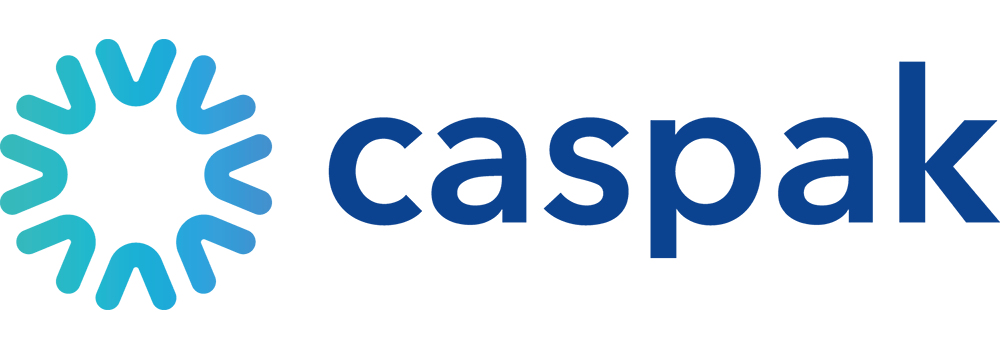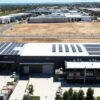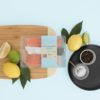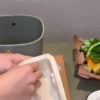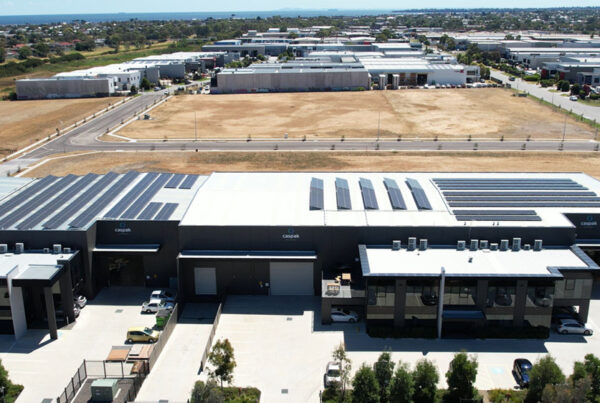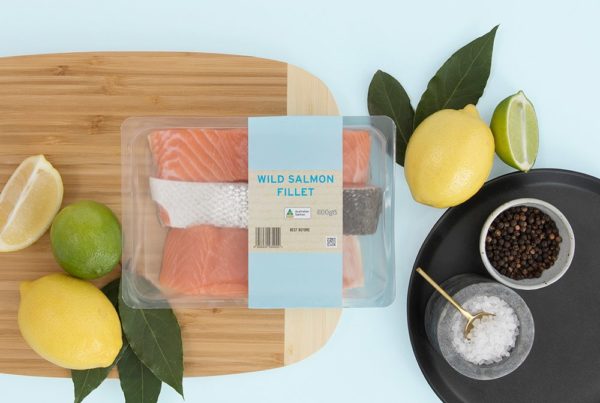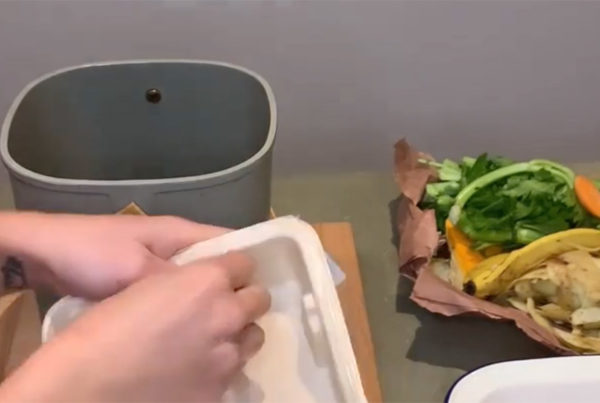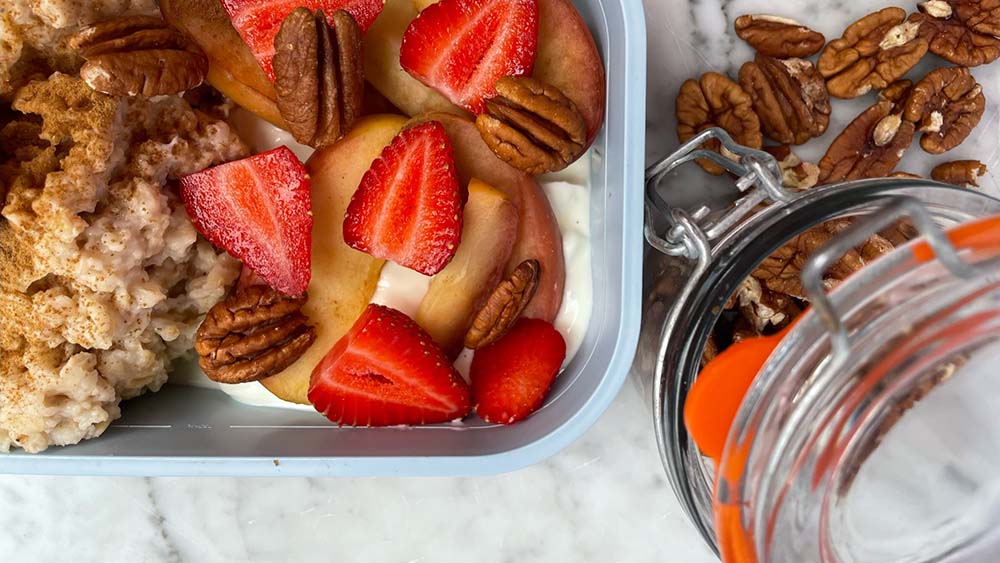
In the second in our series of features on companies finding innovative ways to recycle plastic and keep it out of landfill, we talk to Naomi Tarszisz, founder of RePlated, a reusable takeaway box and supporting systems.
A self-confessed eco warrior, Naomi has been raised with the idea that we need to do our bit to free our planet from the waste that chokes the land and waterways.
Taking part in beach clean-ups, or simply taking home a few pieces of plastic each time she’s on a family trip to the beach has been part of her life since she was a child, growing up in Sydney’s Eastern Suburbs.
But, although she acknowledges the importance of these initiatives, she recognises that it isn’t the solution to the problem.
The seed for RePlated was planted as far back as 2009, with the purchase of her first KeepCup. Abigail Forsyth had created a product that provided an easy solution to the still-growing problem of the nefarious take away coffee cup.
“Reusable coffee cups were a great innovation,” she says. “But while we still have a long way to go with that problem, I knew that wasn’t the issue I wanted to solve.”
Working in several corporate roles over the years, it occurred to Naomi that a similar thought process could be applied to takeaway food containers.
“Each day so many people would go to buy lunch in takeaway containers, and nobody had created a solution for this.”
The formulation of RePlated was a long journey, as the concept goes far beyond simply creating a reusable takeaway container. “For the idea to work we had to create something that was as easy as a disposable container.”
So, a great deal of research went into creating the systems that would support the successful use of a reusable takeaway box before the box itself was designed.
The original systems thinking was around the corporate space and being able to work with companies to provide their staff with a zero-waste lunch for their teams, especially if it was provided by external caterers.
But it was obvious that the concept had applications well beyond corporate lunchroom. Naomi and her team began working with restaurants to create a growing list of venues that would support the reusable takeaway box, which currently sits at 250 and rising.
RePlated is also running pilot program called Swap and Wash, thanks to a grant from Waverley Council.
The Swap and Wash system allows people to request a RePlated container when they order their meal. When the food is delivered or collected, the customer can swap with their existing clean containers. This pilot is still running, but the early feedback is positive.
“We’ve had great feedback across the board and had one restaurant in particular that has been a resounding success,” Naomi says. “They’ve even experienced a significant increase in orders since the pilot began because people who couldn’t reconcile creating waste with their food and therefore never or rarely ordered takeaway, began ordering weekly or a couple of times a month.”
When it came to designing and manufacturing the RePlated boxes, Naomi was very clear on the values that underpinned this process.
“We wanted everything to be sourced, designed and manufactured in Australia,” she says.
They partnered with Australian designers Vert, who designed the award-winning Huskee Cup, to create something that would be aesthetically pleasing as well as functional. And the boxes are manufactured on Sydney’s Northern Beaches, supporting the local economy.
The first release of the box was manufactured using a composite of PET and glass. But one of the issues they discovered with this option was that it wasn’t as dishwasher durable as they’d hoped.
However, because recycled plastic was a non-negotiable criterion, PET was one of the frontrunner options for Naomi as this is likely to be the first locally made material when the plastic recovery and reprocessing industry grows in Australia.
The other issue with the composite material was that it then became difficult to recycle, especially with the systems we have available in Australia.
They have now switched to Polypropylene sourced from recovered ocean plastic. This material only became available in the last year and demonstrates the pace that changes are happening in the industry. This product is sourced from Malaysia, but Naomi’s goal is to eventually be able to obtain the materials in Australia.
Polypropylene has several advantages, including its durability in a dishwasher and its recyclability at end of life. Ideally, Naomi would like the product to be returned to them when it reaches the end of its life so they can reuse the plastic. However, at the worst it can be recycled through the standard kerbside plastics recycling.
Despite the pandemic beginning soon after the launch of RePlated, driving many people back to single use items and keeping people at home, RePlated has maintained its early success. The second year of the pandemic saw the resurgence of reusable and sustainable options as we came to understand the virus better.
And the return to the office, even if in a hybrid model, presents the opportunity for companies to embrace a more sustainable approach to their workplaces in ways that their employees can be proud of.
“Our real impact is in the number of takeaway containers we keep out of landfill, or even recycling,” says Naomi.
The more companies, restaurants and consumers who get onboard with RePlated, the bigger the change we can see.
“We need to see a bigger demand for the products that are having the impact, using the recycled plastic so that the local industry becomes viable.”
And that push needs to come not just from government but also private corporations that have the procurement volumes to make a difference.
If you’re planning your return to the office, investing in a RePlated system to provide your team with a guilt-free, zero-waste meal service could be just the way to entice people back.

